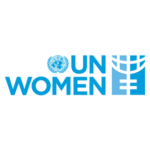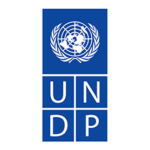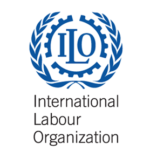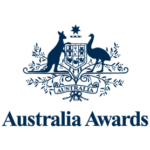
Synopsis:
The project “Addressing Poverty Reduction through Gender Action Learning System (GALS)” focused on implementing the Gender Action Learning System (GALS) methodology in Uganda and Pakistan. Led by seasoned Master Trainers, Shahnaz Kapadia Rahat and Shazreh Hussain, the initiative aimed to tackle gender inequality, empower women within value chains, and promote strategic individual planning, particularly in impoverished rural and agricultural households.Narrative of the Project Description:
Background:
The Gender Action Learning System (GALS) was initially introduced in Kasese, Uganda, as part of the Women’s Economic Empowerment and Men Engagement (WEMAN) program, funded by Oxfam-Novib and initiated by Linda Mayoux in 2007. Through its implementation in Bukozo Joint, GALS demonstrated its potential to address gender issues at both the household and income-generation levels. The success of GALS in Uganda showcased the direct impact of gender mainstreaming on empowering women, creating wealth, and promoting gender justice. Building on the success in Uganda, Shahnaz Kapadia Rahat and Shazreh Hussain extended GALS to Pakistan, partnering with two local organizations and impacting an estimated 100,000 households. The project aimed to expand choices and increase agency for both men and women, fostering equality and sustainable development.Objectives:
– Promote Gender Equality: The project aimed to promote gender equality by addressing gender-based disparities and empowering women in decision-making processes.– Empower Rural Households: Through the GALS methodology, the project sought to empower men and women in rural and agricultural households to enhance their livelihoods and well-being.
– Foster Sustainable Development: By integrating GALS’ interconnected tools, the project aimed to foster sustainable development, enabling communities to plan and implement their visions for the future.
– Encourage Community Ownership: The project emphasized community ownership of the GALS methodology, endorsing peer learning and continuous growth to sustain the impact beyond the project’s duration.









